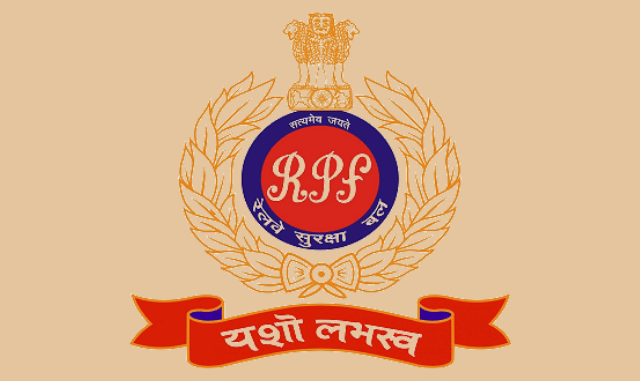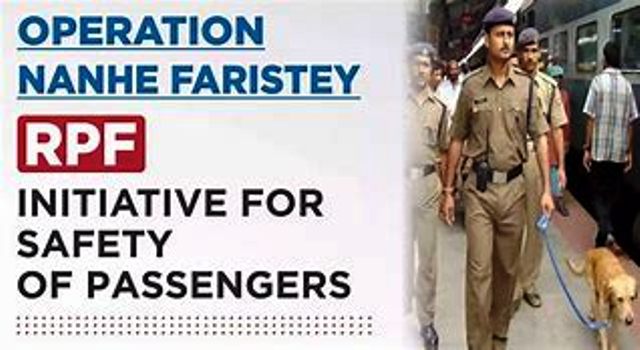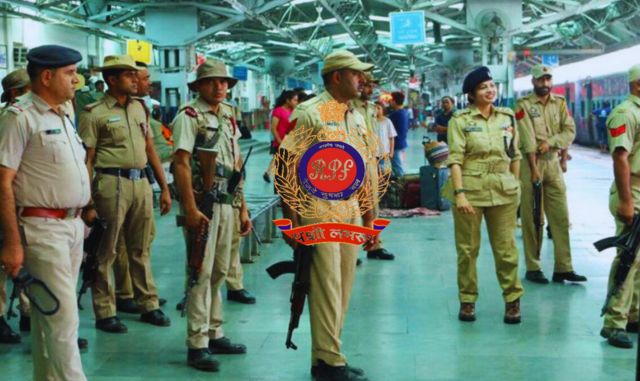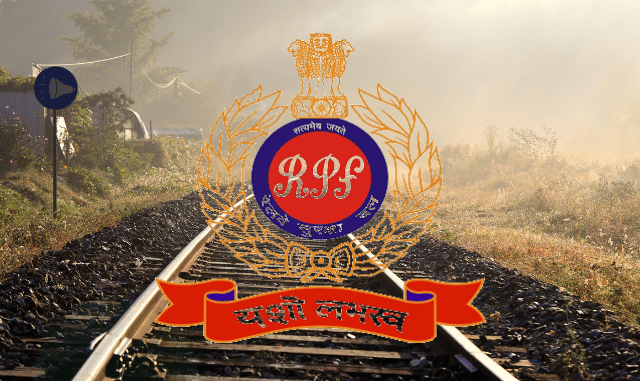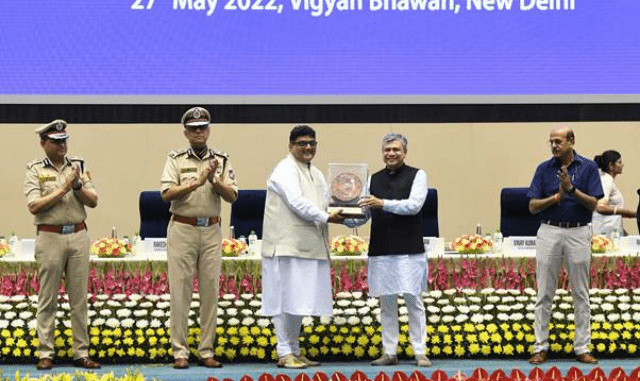New Delhi: Over the past seven years, the Railway Protection Force (RPF) has been at the forefront of Operation Nanhe Faristey – a mission dedicated to rescuing children in need of care and protection across various Indian Railway Zones.
During the last seven years (2018- May 2024), RPF has rescued 84,119 Children who were at risk in stations and trains, preventing them from falling into harm’s way.
‘Nanhe Faristey’ is more than just an operation; it is a lifeline for thousands of children who find themselves in precarious situations. The data from 2018 to 2024 illustrates a story of unwavering dedication, adaptability, and resilience. Each rescue is a testament to the RPF’s commitment to safeguarding the most vulnerable members of society.
The year 2018 marked a significant start for “Operation Nanhe Faristey.” In this year, the RPF rescued a total of 17,112 children, including both boys and girls. Out of 17,112 children rescued, 13,187 were identified as runaway children, an alarming number of 2105 were found to be missing, 1091 children as left behind, 400 as destitute, 87 as kidnapped, 78 as mentally challenged and 131 as street children. This year 2018 set a strong foundation for the operation, highlighting the urgent need for such an initiative.
During 2019, the RPF’s efforts continued to bear fruit, with a total of 15,932 children, including both boys and girls were rescued. Out of 15,932 children rescued, 12,708 as runaway children, 1454 as missing, 1036 children as left behind, 350 as destitute, 56 as kidnapped, 123 as mentally challenged and 171 as street children. The consistent numbers showcased the persistent issue of children running away and needing protection.
The year 2020 was challenging due to the COVID-19 pandemic, which disrupted normal life and significantly impacted the operations. Despite these challenges, the RPF managed to rescue 5,011 children.
During 2021, the RPF saw resurgence in their rescue operations, saving 11,907 children. This year saw a notable increase in the number of children found and protected, with 9601 children identified as runaways, 961 as missing, 648 as left behind, 370 as destitute, 78 as kidnapped, 82 as mentally challenged and 123 as street children.
During 2022, the RPF’s unwavering commitment was evident as they rescued 17,756 children, the highest in the recorded period. This year saw a significant number of runaways and missing children being found and given the necessary care and protection. 14,603 Children were identified as runaways, 1156 as missing, 1035 as left behind, 384 as destitute, 161 as kidnapped, 86 as mentally challenged and 212 as street children. The efforts were bolstered by increased awareness and more coordinated operations across the railway zones.
During the year 2023, RPF managed to rescue 11,794 children. With 8916 children rescued as runaways, 986 as missing, 1055 as left behind, 236 as destitute, 156 as kidnapped, 112 as mentally challenged and 237 children as street children, the RPF continued to play a crucial role in ensuring the safety and well-being of vulnerable children.
In the first five months of 2024, the RPF has already rescued 4,607 children. With 3430 children rescued as runaways, the early trends suggest a continued commitment to the operation ‘Nanhe Faristey.’ The numbers reflect both the persistent issues of child runaways and the dedicated efforts of the RPF to address them.
Through their efforts, the RPF has not only rescued children but also raised awareness about the plight of runaway and missing children, prompting further action and support from various stakeholders. The operation continues to evolve, adapting to new challenges and striving to create a safer environment for children across India’s vast railway network.
Track Child Portal contains comprehensive details about aggrieved children.Indian Railway has established child helpdesks at over 135 railway stations. When a child is rescued by the Railway Protection Force (RPF), they are handed over to the District Child Welfare Committee which hands over the child to parents.


